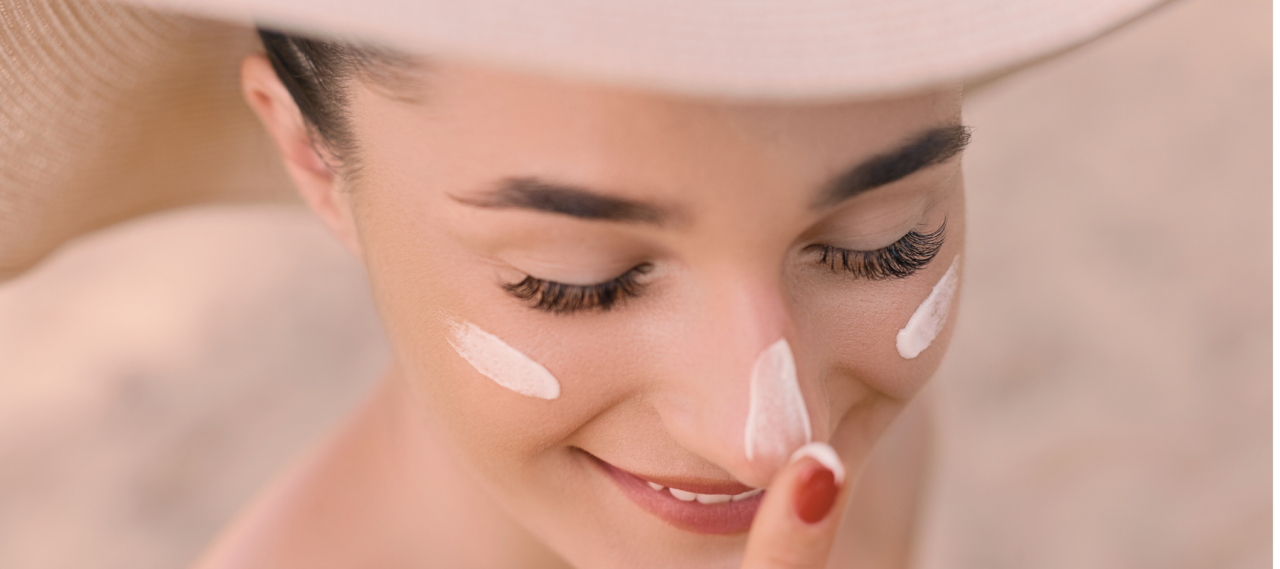As a dermatologist, I cannot stress enough the importance of using sunscreen and practicing sun safety. By debunking these common sunscreen myths, I hope to encourage you to take better care of your skin and make informed choices when it comes to sun protection. Remember, sunscreen should be used in combination with other sun protection measures, such as wearing wide-brimmed hats, sunglasses, and protective clothing, and seeking shade during peak sun hours (10 a.m. to 4 p.m.).
Here are some additional tips for effective sunscreen use:
Choose a broad-spectrum sunscreen that protects against both UVA and UVB rays, with an SPF of at least 30.
Apply sunscreen generously, using approximately 1 ounce (a shot glass full) to cover your entire body.
Apply sunscreen 15-30 minutes before sun exposure, allowing it to absorb into your skin.
Reapply sunscreen at least every two hours, and more often if you're swimming, sweating, or towelling off.
By incorporating these sun protection practices into your daily routine, you'll be taking crucial steps toward maintaining healthy, youthful-looking skin and reducing your risk of skin cancer.
Stay informed about sun protection and skincare by following our blog, and don't hesitate to reach out to your dermatologist or healthcare provider for personalized advice. Remember, prevention is the best medicine, and taking care of your skin now will benefit you for years to come.







